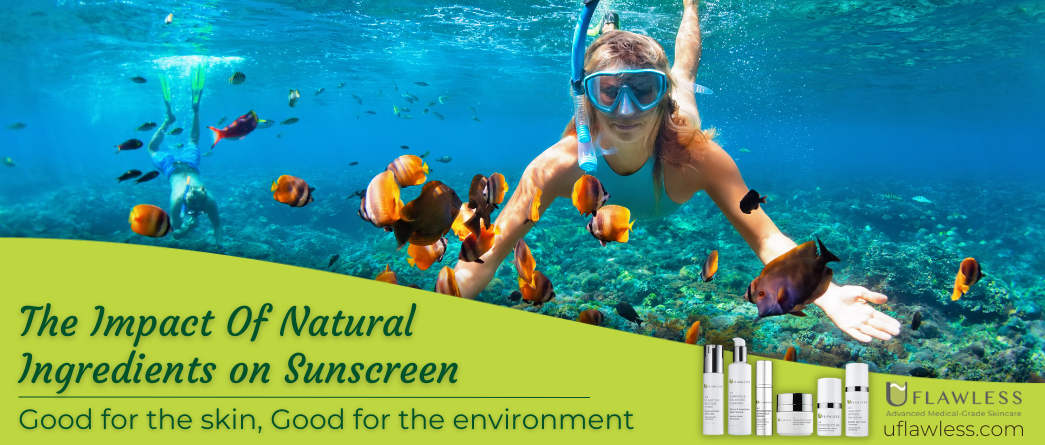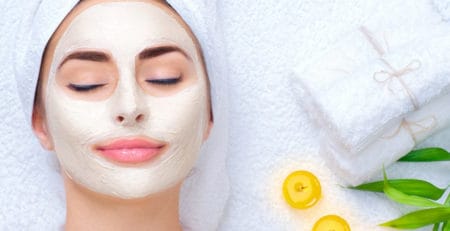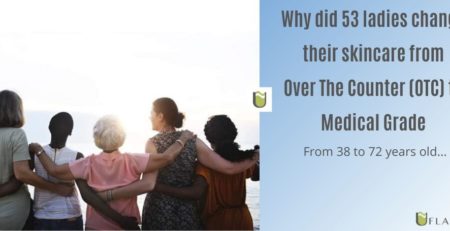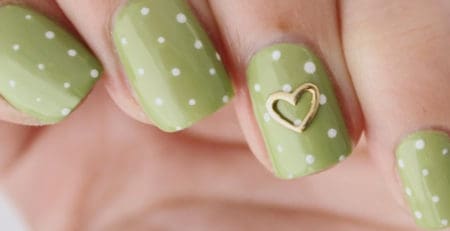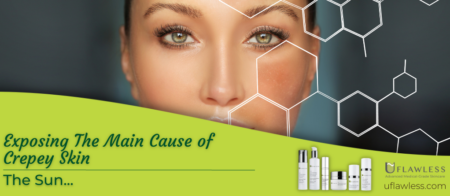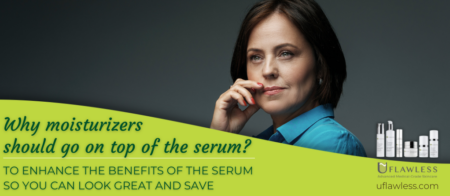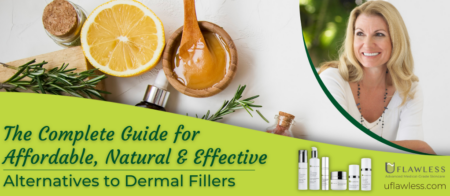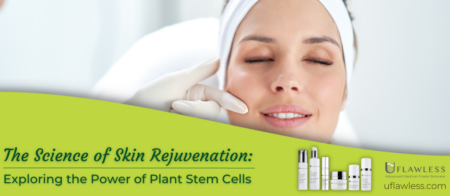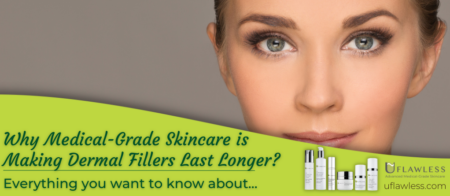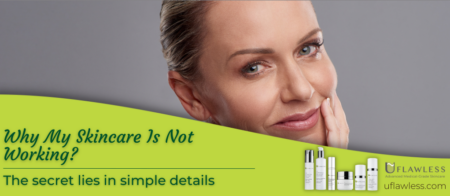Choose Natural Face Sunscreen: Safe and Essential for Summer!
The recent sunscreen recall by one of the world’s largest companies due to benzene contamination has raised significant concerns about the safety of Sunscreen. Here’s why you should choose a natural face sunscreen this summer.

How secure can we feel when using these mainstream sunscreen brands?
It’s increasingly clear that opting for natural ingredients is the safest choice for both our personal health and our family’s well-being.
This summer, switching to a natural face sunscreen is more crucial than ever.
In light of this week’s events, more consumers are scrutinizing the contents of their sunscreen and other beauty products.
The discovery of benzene—a known carcinogen—in products from a trusted global brand is a stark reminder of why we need to be vigilant about the ingredients in our skincare products.
Why Natural Sunscreen is Your Best Choice This Summer
Natural sunscreens, typically mineral-based and non-toxic, offer a significant advantage for those seeking safe and effective skin protection.
Unlike chemical-based sunscreens, natural options provide peace of mind by ensuring that what you apply to your skin isn’t harmful.
Here are compelling reasons to choose a natural sunscreen:
- Avoid Harmful Chemicals: Ingredients like Oxybenzone, commonly found in traditional sunscreens, have been linked to hormonal disruptions in laboratory tests and are potentially carcinogenic.
- Commitment to Natural Ingredients: Leading brands, such as UFlawless – Advanced Medical-Grade Skincare, are dedicating extensive resources to harness the benefits of natural ingredients across all their products, reflecting a growing trend towards safer skincare solutions.
- Environmental Responsibility: The environmental impact of sunscreen is profound. Ingredients like Oxybenzone, Butylparaben, and Octinoxate not only harm your skin but also devastate marine life, particularly coral reefs through bleaching effects. Regions like Hawaii and the Florida Keys have recognized this impact and have banned sunscreens containing these harmful chemicals.
Choosing natural sunscreen is not just a personal health choice—it’s a step towards environmental conservation.
This summer, make a choice that benefits both your skin and the planet.
Ensuring Your Sunscreen is 100% Safe
When selecting a sunscreen, ensuring its safety is essential.
According to the FDA, for a sunscreen to be considered natural and safe, it should primarily contain Titanium Dioxide and Zinc Oxide.
These ingredients are not only effective but also gentle on the skin, making them suitable for all ages, including infants
Here’s what you need to know about these ingredients:
- Titanium Dioxide and Zinc Oxide: These are mineral-based filters known for their ability to provide broad-spectrum protection against both UVA and UVB rays. Their safety and efficacy have made them the gold standard in natural sunscreen formulations.
- Avoiding Synthetic Chemicals: Many sunscreens on the market contain synthetic ingredients like oxybenzone, octinoxate, or avobenzone. These chemicals are absorbed into the skin and have been associated with various health risks, including hormonal disruptions and increased cancer risk. Their presence categorizes sunscreens as synthetic.
- Common Uses of Zinc Oxide and Titanium Dioxide:
- Zinc Oxide is favored in products like baby powders and diaper rash creams due to its soothing and protective properties, making it ideal for sensitive skin, including that of toddlers.
- Titanium Dioxide is extensively used in personal care products such as makeup primers and foundations because of its ability to provide a matte finish and UV protection. It’s also found in toothpaste for its abrasive properties that help in whitening.
Incorporating factual support, studies have consistently shown that mineral-based sunscreens not only prevent sunburn but also reduce the risk of skin cancer and early skin aging when used as directed with other sun protection measures.
By choosing products with Zinc Oxide and Titanium Dioxide, you are opting for sunscreens that are safe for your health and the environment, avoiding those that contribute to coral bleaching and aquatic toxicity.
To ensure your sunscreen is 100% safe, always read the label and choose products that list Titanium Dioxide or Zinc Oxide as active ingredients, steering clear of harmful chemical filters.

Understanding the Difference Between Natural and Synthetic Sunscreens
The distinction between natural and synthetic sunscreens is crucial when choosing the best protection for your skin. Let’s explore the main differences between Natural and Synthetic Sunscreens.
How Does Sunscreen Work:
-
- Natural Sunscreens: Typically made from Zinc Oxide and Titanium Dioxide, natural sunscreens are considered physical blockers. These minerals act like a mirror on the skin’s surface, reflecting and scattering the UV rays away. This physical barrier prevents sun exposure and minimizes photodamage such as age spots, lines, and wrinkles more effectively over time compared to synthetic options.
Texture and Application Differences Between Sunscreens:
-
- Natural Sunscreens: Known for their distinct texture, natural sunscreens often leave a white cast or “ghost finish” on the skin after application. This is due to the physical barrier they create, which sometimes makes them more noticeable.
- Synthetic Sunscreens: These contain chemical compounds like avobenzone, oxybenzone, and octinoxate, which are absorbed into the skin. This absorption allows them to convert UV rays into heat, which is then released from the skin. They are generally less visible once applied as they do not leave a white residue.
Safety and Environmental Impact Between Sunscreens:
-
- Natural Sunscreens: Besides being safer for sensitive skin types, natural sunscreens are also environmentally friendly. They are free from chemicals that cause coral bleaching and aquatic toxicity, making them a preferred choice for eco-conscious consumers.
- Synthetic Sunscreens: While effective in sun protection, the chemical ingredients in synthetic sunscreens can penetrate the skin and enter the bloodstream, leading to potential hormonal disruptions and other health concerns. Moreover, ingredients like oxybenzone are harmful to marine ecosystems, contributing to coral reef degradation.
Choosing between natural and synthetic sunscreens often depends on personal preferences regarding texture, the level of sun exposure, and environmental considerations.
Natural sunscreens, despite their visibility on the skin, offer a safer and more sustainable option for long-term health and environmental well-being.
Exploring Plant-Based Ingredients in Sunscreen
Despite widespread claims on numerous blogs, scientific evidence confirms that no plant-based ingredients can provide complete protection from UV rays comparable to mineral or synthetic sunscreens.
While it’s true that certain oils, like coconut oil and some berry seed oils, have been cited for their natural UV filtering properties, their effectiveness is minimal.
Research indicates that these oils typically offer an SPF (Sun Protection Factor) of around 7 at most.
This level of protection is significantly lower than the minimum recommended SPF 30 needed to effectively guard against sun damage.
For instance, a study published in the Journal of Clinical and Aesthetic Dermatology highlights that while natural oils may provide some minimal sun protection, they are not sufficient to protect skin on their own from UV radiation.
The SPF provided by these oils is too low to prevent sunburn and long-term skin damage effectively.
Therefore, while plant-based oils can be beneficial for the skin due to their moisturizing properties and potential antioxidant content, they should not be relied upon as the sole method of sun protection.
For effective defense against harmful UV rays, it’s crucial to use products formulated with ingredients like Zinc Oxide and Titanium Dioxide, which are proven to offer broad-spectrum coverage.
Choosing the Right Natural Sunscreen: Key Features to Consider
When selecting a natural sunscreen, there are several crucial elements to consider that ensure not only the effectiveness of the sunscreen but also its safety and environmental impact.
Here’s what you should look for:
Active Ingredients To Look For In A Natural Sunscreen
-
- Zinc Oxide: Provides broad-spectrum protection against both UVA (associated with aging) and UVB (associated with burning) rays. Zinc Oxide is preferred for its ability to sit on the skin’s surface and reflect sunlight.
- Titanium Dioxide: Primarily provides protection against UVB rays and, to a lesser extent, UVA rays. Like Zinc Oxide, it works by reflecting UV rays away from the skin.
Both ingredients are considered safe and effective by the FDA, making them the gold standard for natural sunscreens.
Broad Spectrum Protection Feature In A Sunscreen
Recent studies emphasize the necessity of protecting against HEV (High-Energy Visible) or blue light, which, like UVA and UVB, can penetrate deep into the skin and accelerate the aging process by damaging key cellular structures.
Devices such as smartphones, tablets, and computer screens are common sources of HEV light.
A broad-spectrum sunscreen protects against UVA, UVB, and HEV light, providing a more comprehensive shield.
SPF (Solar Protection Factor):
The SPF indicates how well the sunscreen protects against UVB rays and, indirectly, UVA rays when labeled broad-spectrum.
The minimum recommended SPF is 30, which means it can protect the skin 30 times longer under sun exposure.
Higher SPFs offer longer durations of protection but must still be reapplied regularly, especially after swimming or sweating.
The Impact of Natural Ingredients In Sunscreen
Natural ingredients sunscreens often use “vehicles” or bases that not only deliver active ingredients but also provide additional skin benefits like moisturizing or anti-aging properties.
Look for products formulated with skin-friendly, natural ingredients that reduce the likelihood of irritation, redness, or allergic reactions.
Coral Reef Safe Sunscreen
With increasing awareness of the environmental impact of sunscreen chemicals, choosing coral reef-safe products is crucial.
These sunscreens lack ingredients like oxybenzone and octinoxate, which are known to contribute to coral bleaching.
Opting for reef-safe sunscreens helps protect marine ecosystems while safeguarding your skin.
By considering these factors, you can select a natural sunscreen that not only protects your skin effectively but also aligns with health-conscious and environmentally friendly practices.
Remember, a good sunscreen is an investment in your long-term skin health and the health of our planet.
Discover the Best Natural Face Sunscreen for This Summer
If you’re in search of a top-notch natural face sunscreen, look no further than the X3 Primer Moisturizing SPF 40 from UFlawless – Advanced Medical-Grade Skincare.
Why Choose the X3 Primer Moisturizing SPF 40?
- Broad-Spectrum SPF 40 Protection: This next-generation facial sunscreen offers comprehensive broad-spectrum coverage. It effectively shields your skin without leaving the unwanted “Ghost Finish” that many tinted sunscreens are known for.
- Formulated for Excellence: Packed with natural ingredients and potent antioxidants, the X3 Primer Moisturizing SPF 40 is designed to protect, prevent, and treat your skin even while you’re on the move. It combats free-radical damage, which can lead to photo-aging signs such as fine lines and dark spots.
- Enhanced with Medical-Grade Peptides: Infused with medical-grade strength peptides, this sunscreen not only protects your skin but also enhances its firmness, providing a youthful appearance.
Additional Benefits:
- Dual Functionality: Its smooth, lightweight formula makes it an ideal makeup primer, creating a perfect canvas for cosmetic application.
- Designed for Sensitive Skin: It’s safe for sensitive, rosacea-prone, acneic skin, and suitable for use before and after cosmetic procedures.
- Health and Environmentally Conscious: Completely free from artificial fragrances and other skin irritants, it is 100% vegan and reef-safe, making it a guilt-free choice for both your skin and the environment.
- Comfortable Wear: Non-sticky and non-greasy, it leaves your skin feeling comfortable and fresh.
This summer, equip yourself with the X3 Primer Moisturizing SPF 40—a sunscreen that goes beyond mere protection to enhance and care for your skin.
Balancing Sun Exposure: Essential Benefits and Necessary Precautions
There’s no doubt about the sun’s vital role in our health.
It’s the primary natural source of Vitamin D, which is crucial for forming healthy bones, teeth, muscles, and tissues.
This benefit comes from the skin’s ability to absorb Vitamin D when exposed to sunlight, enhancing the body’s uptake of phosphate and calcium.
Optimal Sun Exposure:
- Timing is Key: The safest times for sun exposure are from sunrise to 10 AM and from 4 PM to sunset, especially during summertime. This avoids the peak hours when the sun’s rays are strongest.
- Duration: Aim for 10 to 15 minutes of sun exposure per day. Beyond this, protecting your skin with at least SPF 30 sunscreen is essential to prevent damage.
- Additional Protection: When spending extended periods outdoors, such as at the beach or pool, or while running, always wear a hat, UV-protective clothing, and sunscreen. Also, stay hydrated by drinking plenty of water.

Risks of Unprotected Sun Exposure
Sunlight emits UVA, UVB, and HEV light, all known to generate free radicals.
These free radicals are a primary cause of photoaging, including sunspots, sagging skin, and the development of fine lines and wrinkles.
Without adequate protection, your risk for these signs of premature aging increases significantly.
Take Action: To maintain the balance between reaping the sun’s benefits and protecting against its harms, effective sun protection is non-negotiable.
Order your natural face sunscreen today and enjoy the outdoors responsibly.
Use the coupon code uflawless10 for a special offer on your purchase.
Ensure you’re protecting your skin with a trusted, natural face sunscreen like the X3 Primer Moisturizing SPF 40, and make the most of the sunny days safely!
By following these guidelines, you can enjoy the sun’s benefits while minimizing the risks, keeping your skin youthful and your body healthy.
Our Scientific To Support Your Knowledge About The Impact Of Natural Sunscreen On Your Skin
National Library of Medicine – Sunscreening Agents


